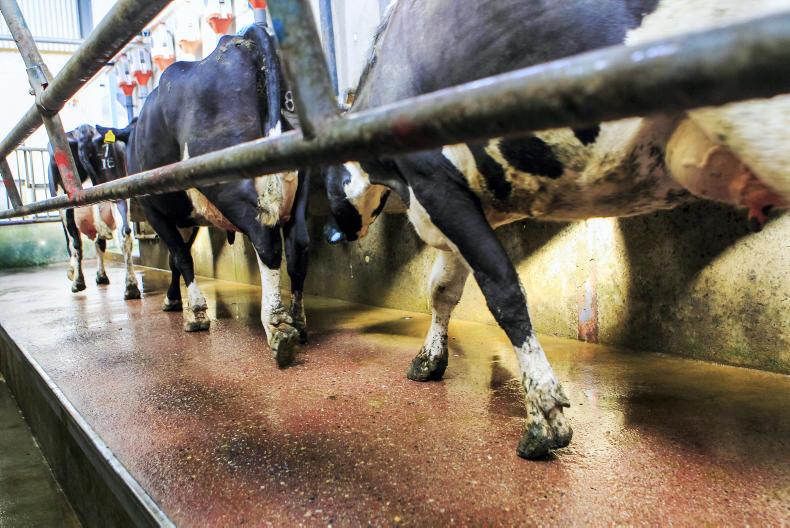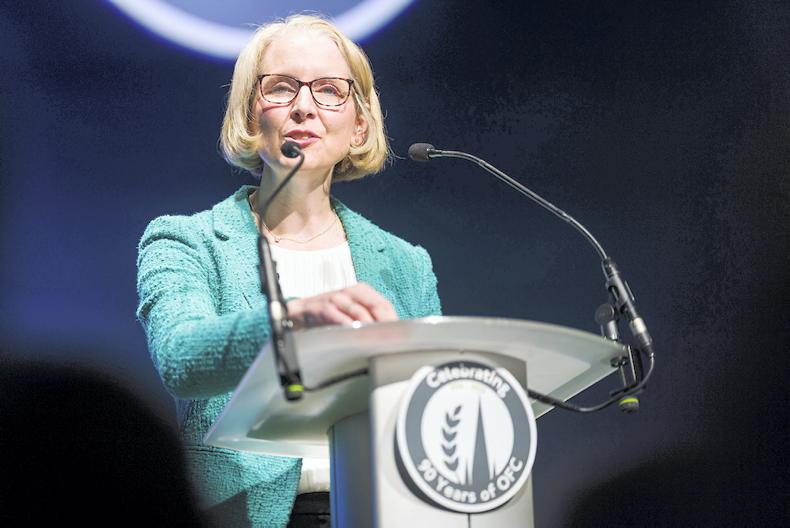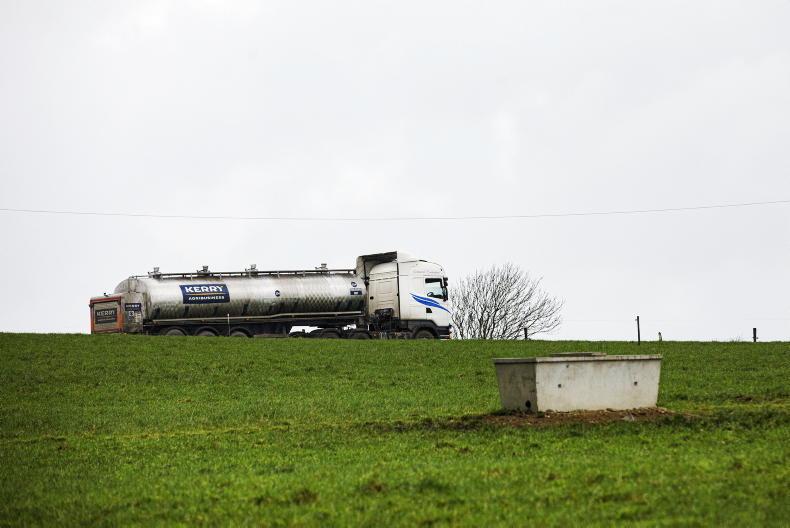A consultation is expected in the new year on the UK government’s plans to introduce compulsory contracts in the dairy sector. While the move has been welcomed by farming unions, it has not gone down well with trade body Dairy UK, which has warned that it could lead to lower prices to farmers.
The plan is to regulate for contracts using existing EU Common Market Organisation (CMO) rules. It is understood that the contracts will have to set out clear terms, including price paid, timing of deliveries, duration of the contract, payment procedures and milk collection arrangements.
Effectively, the contracts will be based on a fixed price or a formula, which Dairy UK warns will produce a series of unintended consequences, given that purchasers will be less able to respond to sudden market developments, such as increased demand.
According to Dairy UK, fixed-price contracts are limited, highlighted by the fact that no purchaser is currently offering fixed prices on all of their milk intake. The trade body also points to the lack of visibility on private stocks held by dairy companies, the lack of accurate and timely data on global consumption, and how the market can be driven by unquantifiable factors, such as sentiment. It means that predicting prices is difficult.
“In reality, many farmers, who understand the potential for damage, don’t want to see the implementation of regulation between farmers and processors,” said Dairy UK.
Despite that, farming unions see things differently, and view compulsory contracts as a means of re-balancing risk in the dairy supply chain.
“For too long dairy farmers have shouldered too much of the risk in the dairy market and in many cases have been subject to unfair contract terms and trading practices,” stated dairy representatives of the four UK farm unions. In the weeks ahead, they intend to get the views of members before responding to the consultation in the new year. The government decision comes after a voluntary dairy code of practice was agreed between farming unions and Dairy UK in 2012. It was designed to set out minimum good practice around milk pricing and duration of contracts. However, Defra farming minister George Eustice made clear at the National Farmers’ Union (NFU) conference in February 2018, that he believed voluntary contracts had not worked and signalled his intention to legislate.
AHDB study
Earlier this year, AHDB Dairy reported on a study of the Spanish dairy industry, where compulsory contracts were introduced five years ago. The price can either be fixed, variable, or a mix of the two, with a variable price calculated using an agreed mechanism. However, fixed price offers generally dominate contracts.
The study found that while initially meeting resistance, both farmers and processors now feel such contracts have improved price stability.
Read more
Dale Farm announces 28p/l fixed price scheme
Defra planning for compulsory milk contracts
A consultation is expected in the new year on the UK government’s plans to introduce compulsory contracts in the dairy sector. While the move has been welcomed by farming unions, it has not gone down well with trade body Dairy UK, which has warned that it could lead to lower prices to farmers.
The plan is to regulate for contracts using existing EU Common Market Organisation (CMO) rules. It is understood that the contracts will have to set out clear terms, including price paid, timing of deliveries, duration of the contract, payment procedures and milk collection arrangements.
Effectively, the contracts will be based on a fixed price or a formula, which Dairy UK warns will produce a series of unintended consequences, given that purchasers will be less able to respond to sudden market developments, such as increased demand.
According to Dairy UK, fixed-price contracts are limited, highlighted by the fact that no purchaser is currently offering fixed prices on all of their milk intake. The trade body also points to the lack of visibility on private stocks held by dairy companies, the lack of accurate and timely data on global consumption, and how the market can be driven by unquantifiable factors, such as sentiment. It means that predicting prices is difficult.
“In reality, many farmers, who understand the potential for damage, don’t want to see the implementation of regulation between farmers and processors,” said Dairy UK.
Despite that, farming unions see things differently, and view compulsory contracts as a means of re-balancing risk in the dairy supply chain.
“For too long dairy farmers have shouldered too much of the risk in the dairy market and in many cases have been subject to unfair contract terms and trading practices,” stated dairy representatives of the four UK farm unions. In the weeks ahead, they intend to get the views of members before responding to the consultation in the new year. The government decision comes after a voluntary dairy code of practice was agreed between farming unions and Dairy UK in 2012. It was designed to set out minimum good practice around milk pricing and duration of contracts. However, Defra farming minister George Eustice made clear at the National Farmers’ Union (NFU) conference in February 2018, that he believed voluntary contracts had not worked and signalled his intention to legislate.
AHDB study
Earlier this year, AHDB Dairy reported on a study of the Spanish dairy industry, where compulsory contracts were introduced five years ago. The price can either be fixed, variable, or a mix of the two, with a variable price calculated using an agreed mechanism. However, fixed price offers generally dominate contracts.
The study found that while initially meeting resistance, both farmers and processors now feel such contracts have improved price stability.
Read more
Dale Farm announces 28p/l fixed price scheme
Defra planning for compulsory milk contracts










SHARING OPTIONS